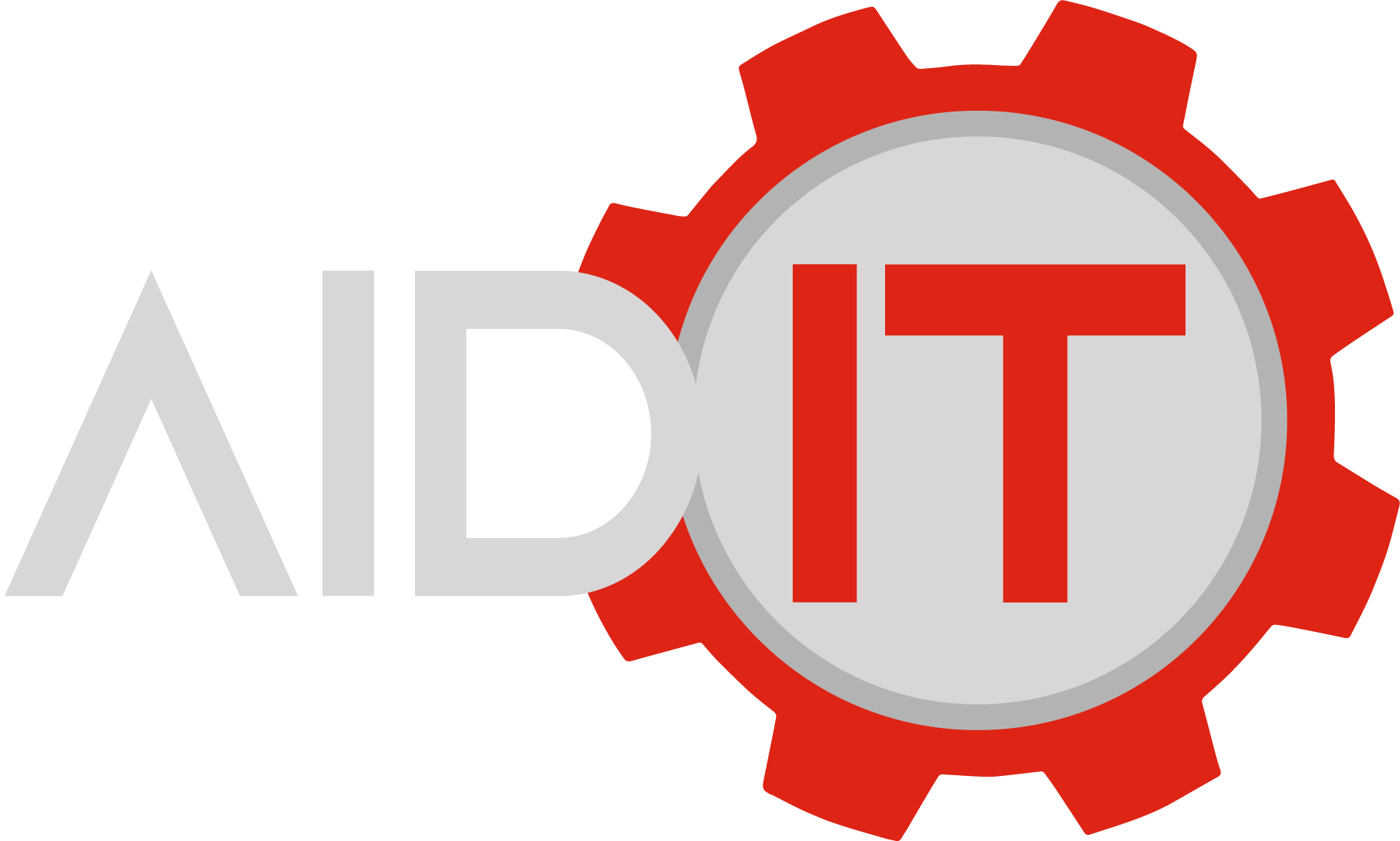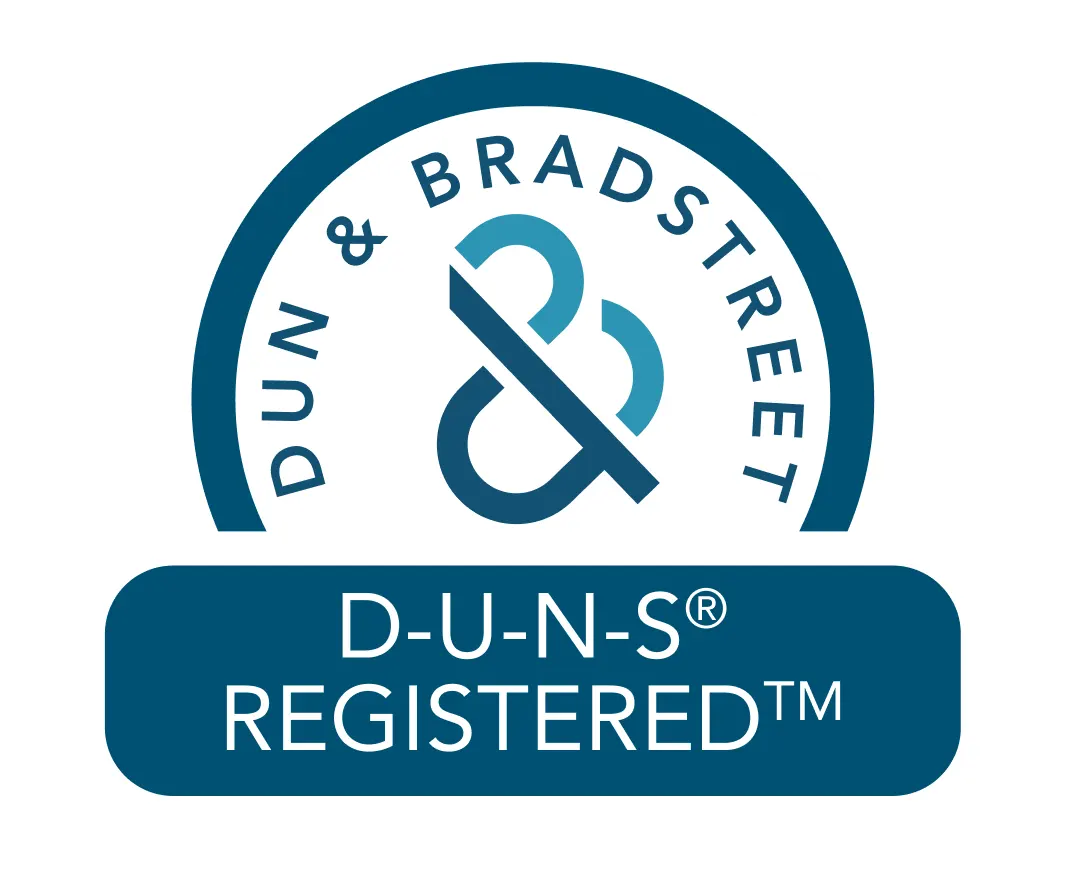The safety and security of your data are paramount. Whether you’re a business owner safeguarding critical company information or an individual cherishing precious memories, the importance of data backup and recovery cannot be overstated. In this comprehensive guide, we’ll delve into the world of data backup and recovery strategies, offering insights and solutions tailored to both businesses and personal device users.
The Significance of Data Backup
For Businesses:
For businesses, data is the lifeblood that keeps operations running smoothly. From financial records and customer databases to intellectual property, losing critical data can lead to downtime, legal liabilities, and reputational damage. Data backup is not just a precaution; it’s a necessity to ensure business continuity.
For Personal Device Users:
Personal devices, including smartphones, laptops, and tablets, store a wealth of irreplaceable content, from family photos and videos to personal documents. The loss of this data due to hardware failure or accidental deletion can be devastating. Data backup provides peace of mind by preserving these memories and important files.
Choosing the Right Data Backup Strategy
Businesses:
- Regular Automated Backups: Implement automated backup solutions that perform regular backups of all crucial business data. This ensures that data is continually protected without manual intervention. This is where Managed IT Services is a good option where IT experts do all the work for you.
- On-Site and Off-Site Backups: Employ a combination of on-site and off-site backups. On-site backups provide quick access to data, while off-site backups, such as cloud storage, protect against physical disasters.
- Versioning: Use backup solutions that offer versioning, allowing you to recover previous versions of files in case of errors or data corruption.
Personal Device Users:
- Cloud Backup Services: Utilize cloud-based backup services like Google Drive, iCloud, or Dropbox to automatically sync and store your device’s data securely in the cloud.
- External Hard Drives: Regularly back up your data to external hard drives or portable SSDs. These physical backups provide an extra layer of security.
- Automated Backup Software: Install and configure backup software that can schedule automatic backups of your device’s data to your preferred storage location.
Data Recovery Strategies
Businesses:
- Data Recovery Plan: Develop a comprehensive data recovery plan that outlines the steps to take in case of data loss. Test this plan regularly to ensure its effectiveness.
- Data Recovery Services: Consider data recovery services from professional providers if critical data is lost. They have specialized tools and expertise to retrieve data from damaged storage media.
Personal Device Users:
- Restore from Cloud: For personal devices linked to cloud services, restore lost data from your cloud backups. These services often offer a simple restoration process.
- Recovery Software: Use data recovery software to attempt to retrieve lost files from your local backups. However, act quickly, as the success of recovery decreases over time.
Best Practices for All
- Regular Updates: Keep your backup software, operating systems, and devices up to date to ensure compatibility and security.
- Encryption: Encrypt sensitive data before backing it up to protect it from unauthorized access.
- Education: Train employees or family members on the importance of data backup and recovery procedures.
By implementing these data backup and recovery strategies, you’ll be better prepared to protect your valuable information, whether you’re a business owner safeguarding critical assets or an individual cherishing cherished memories. Don’t wait until disaster strikes— take action now to ensure the safety and security of your data.
We recommend the below solutions worth looking at. Should you need any assistance, Aid IT is your trusted partner for all your data management needs, including data backup, recovery, and secure data destruction. Whether you’re a business owner or an individual, we excel at helping you choose the right technology solutions to safeguard your critical data. Our expert team offers top-notch IT services and comprehensive support to ensure that your data is protected, recoverable, and securely disposed of when needed.
Data Backup Solutions for Businesses:
- Acronis Backup: Acronis offers comprehensive data backup and recovery solutions for businesses, including on-site and cloud-based options. Acronis
- Veeam Backup & Replication: Veeam provides data backup and replication solutions with a focus on virtualized environments. Veeam
- Datto: Datto offers backup and disaster recovery solutions tailored to the needs of small and medium-sized businesses. Datto
- Veritas Backup Exec: Veritas Backup Exec is a data protection solution designed for businesses of all sizes. Veritas
- Commvault: Commvault provides enterprise-level data management and backup solutions. Commvault
Data Backup Solutions for Personal Devices:
- Google Drive: Google Drive offers cloud storage and automatic backup for Android and iOS devices. Google Drive
- iCloud: iCloud is Apple’s cloud storage and backup service for iOS and macOS devices. iCloud
- Dropbox: Dropbox provides cloud-based file storage and backup solutions for personal users. Dropbox
- OneDrive: OneDrive is Microsoft’s cloud storage and backup service, integrated with Windows and available for other platforms. OneDrive




